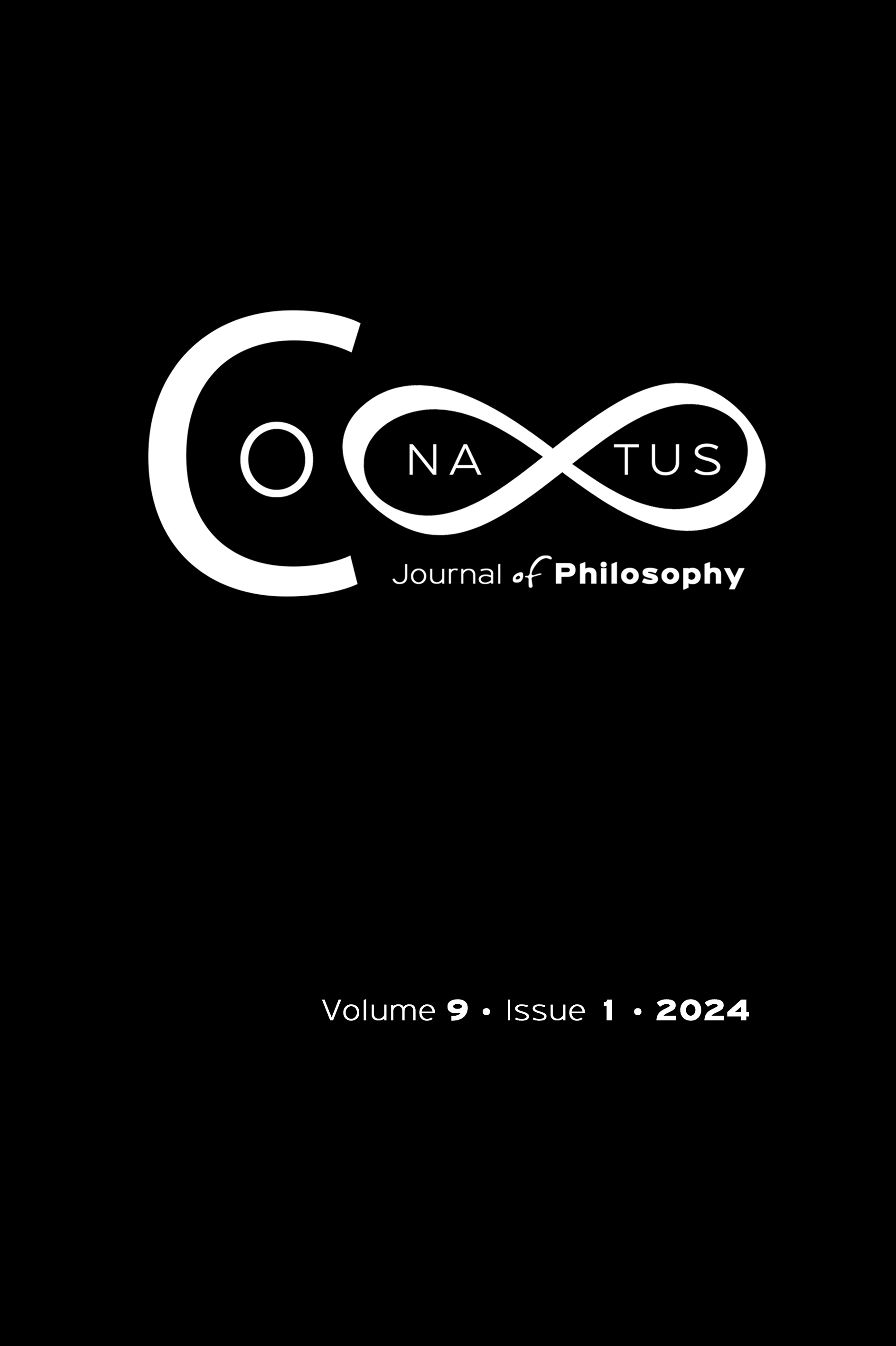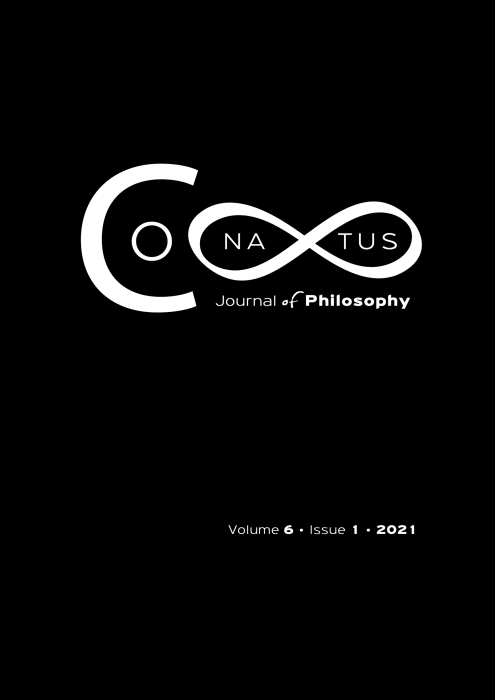Social Exclusion of People Who Abstain from Mandatory COVID-19 Vaccination for Medical Reasons: A Contemporary Ethical Conflict

Abstract
The measures of obligatory vaccination against COVID-19 disease in Greece, have failed to cater to people, who for serious medical reasons, were prohibited by their private doctors to be vaccinated. This fact, however, leads to their unwilling social seclusion, since they cannot obtain the vaccination certificate that ensures access to all social activities. They are, therefore, faced with the dilemma of consenting to vaccination, disregarding possible health or even fatal consequences, or social exclusion and isolation. This research study aims to discuss this ethical conflict, between what is considered ethical for society in contrast to restriction of personal will and health. It wishes to rediscover the very essence of the commitment to protecting human rights-health and social well-being. This dilemma will be viewed and examined under the scope of core ethical values and principles met in Hippocrates’ oath and the fundamental ethical theory of Utilitarianism. The study will try, drawing from these ethical theories and definitions, to test these questions and conclude on what the indicative ethical choice is. The study wishes to propose suggestions of measures that can be taken to ensure equal operations for all citizens, based on medical ethics and self-disposition principles. It will also propose actions that should be put in the equation, sensitive groups. We feel that a balanced ethical approach that does not accentuate disparities within and among different groups, could ensure health equality, better social resilience, and commitment to effective prospective preparedness.
Article Details
- How to Cite
-
Grigoriadou, V., Alifieri, S., Tsagdi, S., Balatsou, M., & Theologou, K. (2024). Social Exclusion of People Who Abstain from Mandatory COVID-19 Vaccination for Medical Reasons: A Contemporary Ethical Conflict. Conatus - Journal of Philosophy, 9(1), 45–71. https://doi.org/10.12681/cjp.31650
- Section
- Articles
- Categories

This work is licensed under a Creative Commons Attribution-NonCommercial 4.0 International License.
Authors who publish with this journal agree to the following terms:
Authors retain copyright and grant the journal right of first publication with the work simultaneously licensed under a Creative Commons Attribution Non-Commercial International License (CC BY-NC 4.0) that allows others to share the work with an acknowledgement of the work's authorship and initial publication in this journal.
Authors are able to enter into separate, additional contractual arrangements for the non-exclusive distribution of the journal's published version of the work (e.g. post it to an institutional repository or publish it in a book), with an acknowledgement of its initial publication in this journal.
Authors are permitted and encouraged to post their work online (preferably in institutional repositories or on their website) prior to and during the submission process, as it can lead to productive exchanges, as well as earlier and greater citation of published work.






